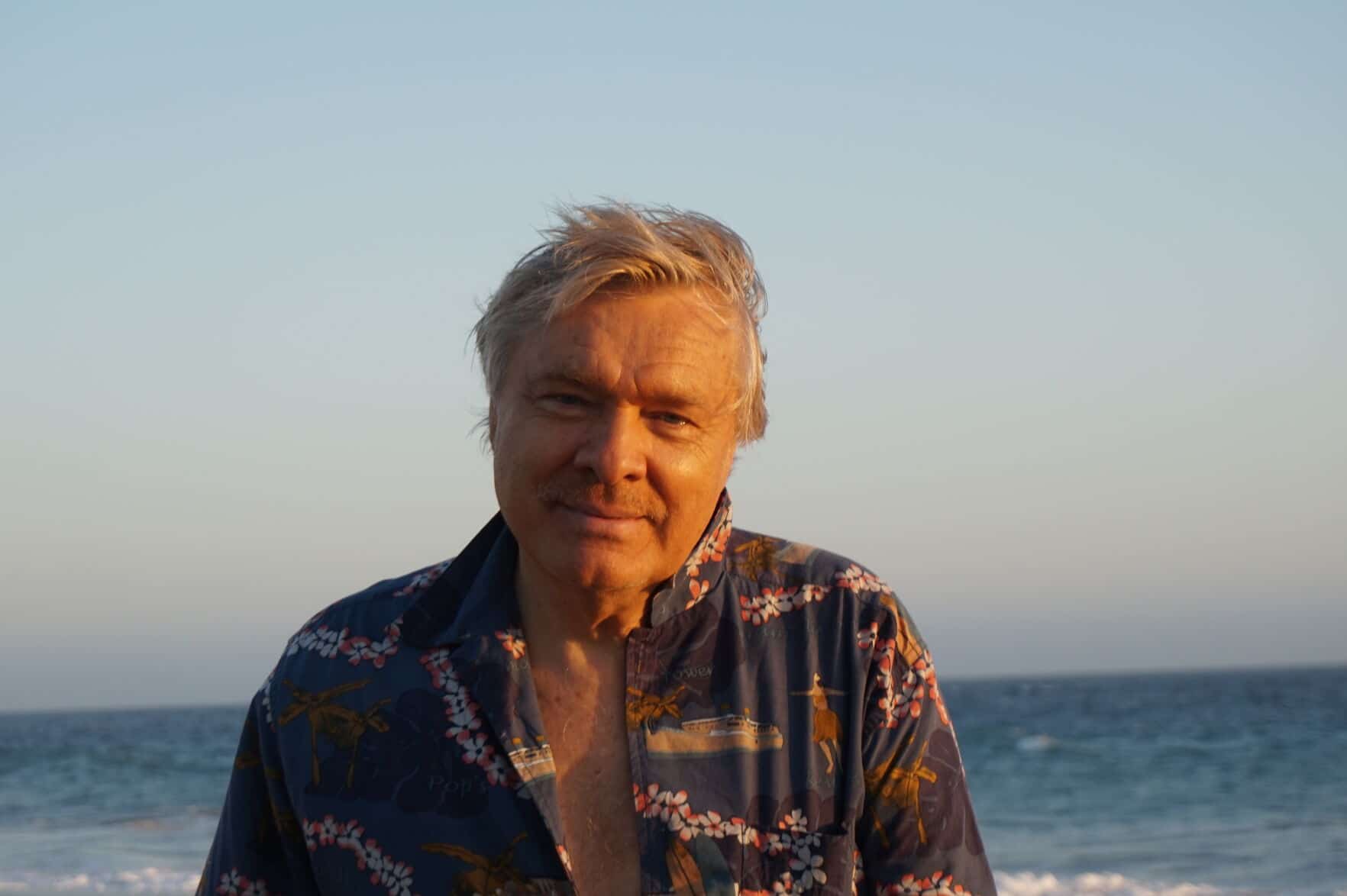
Personal documentary is winning awards at the international film festival
Special to The Malibu Times
Although not a household word in the U.S., the name Oleg Vidov is decidedly a household word in the former Soviet Union and among Russian ex-pats around the world.
Vidov was the biggest movie star of his generation in the former U.S.S.R., often referred to as the Robert Redford of Russia. Vidov was the male version of a blonde bombshell—as well as a talented performer.
He acted in nearly 50 films beginning in 1961, and his starring roles in the Soviet films “Gentlemen of Fortune” and “The Headless Horseman” (cowboy movie) both broke box office records in the U.S.S.R.
The highly regarded “Battle of Neretva” was nominated for the 1969 Best Foreign Film Oscar and co-starred Yul Brynner, Orson Wells, and Christopher Plummer.
Vidov’s riveting life story is now being told in the new 95-minute documentary film “Oleg: The Oleg Vidov Story,” based on his soon-to-be-published autobiography “Oleg.”
When Vidov passed away from cancer in 2017 at the age of 73, he left behind an autobiography he had been working on for over three years. He asked his long-time American wife, Joan Borsten, to “fill in the gaps” by interviewing 60 people in eight different countries, including friends like Mikhail Baryshnikov.
Following a period of grief after his passing, she began the project of fulfilling his wish and decided to make a documentary film at the same time.
“I thought we should film the interviews because none of the people were getting any younger or any healthier,” Borsten said in a personal interview.
No novice to filmmaking herself, Borsten was a former executive of two companies that won Best Foreign Film Oscars and later co-founded ‘Films by Jove’ with Vidov. She’s also the daughter of the late Orin Borsten, a long-time Hollywood publicist, scriptwriter, and Universal Studios executive.
She met her future husband in Rome in 1985 at the Italian home of mutual friends (and Malibu residents) Richard and Francesca Harrison. She was a journalist, and Vidov was in the process of defecting to the U.S. They connected a short time later in Los Angeles and were married in 1989.
“I wasn’t prepared in L.A. for Russian women fainting at the sight of him,” Borsten laughed.” The women in Israel mobbed him in 2016.”
Although she describes Oleg as “Russian to the core,” he was basically forced to leave his beloved country despite a 24-year long movie career. Vidov’s ex-wife’s best friend was the daughter of Leonid Brezhnev, head of the U.S.S.R. from 1964 – 1982. When they divorced, she used her political connections to harass Vidov and obtain sole custody of their child. He was persecuted and blacklisted, threatened, and pushed to the breaking point—finally escaping to freedom by illegally crossing the Yugoslavian border into Austria just hours before being ordered back to Moscow. Anyone making it out of the Soviet Union police state in those days made headlines—but especially an escape by the country’s most celebrated actor.
Once he landed in Hollywood, Vidov had no trouble finding a good agent, but his Russian-accented English limited the kinds of parts he could get. Plus, casting directors tended to say he didn’t look Russian enough to play a Russian. And, because roles for Russians tended to be for “bad guys” in those days, they said he didn’t look like a bad guy, either.
He did land some good parts, including a role in “Red Heat,” with co-stars Arnold Schwarzenegger and Jim Belushi, but the majority of his acting roles in U.S. television and films were minor.
The first few years in this country, Vidov was still fearful that the Soviets were spying on him—and with good reason. Borsten said they were clearly being followed on a trip to New York by members of the Soviet mission to the U.N. with diplomatic plates. In another instance, they received a strange phone call requesting their street address under clearly false pretenses.
“For at least the first three years, he wouldn’t sit next to a window,” Bersten related. But once the dissolution of the Soviet Union occurred in 1991, he calmed down and returned to Moscow for the first time to star in a Danish film. While there, the couple acquired rights to 50 hours of classic Soviet animation, which they painstakingly restored and then resold (to make a long story short).
After moving from Studio City to Malibu in 2006, the Vidov’s co-founded the Malibu Beach Recovery Center alcohol and drug rehab, basing treatment on the science-based program developed by a close relative – and owned it from 2007 – 2014.
The ‘Oleg: The Oleg Vidov Story’ documentary had its world premiere at the Moscow International Film Festival last April and has since won the top prize in four other film festivals. It continues to make the rounds of the festival circuit.
